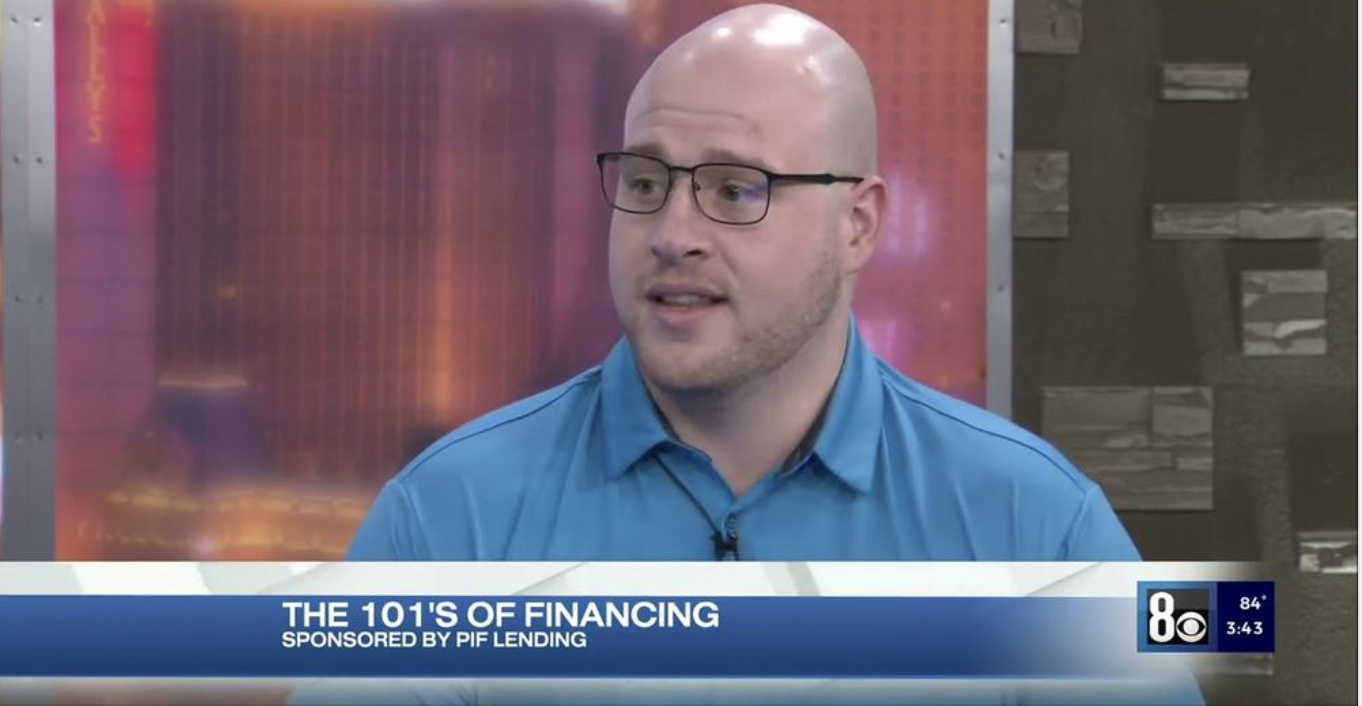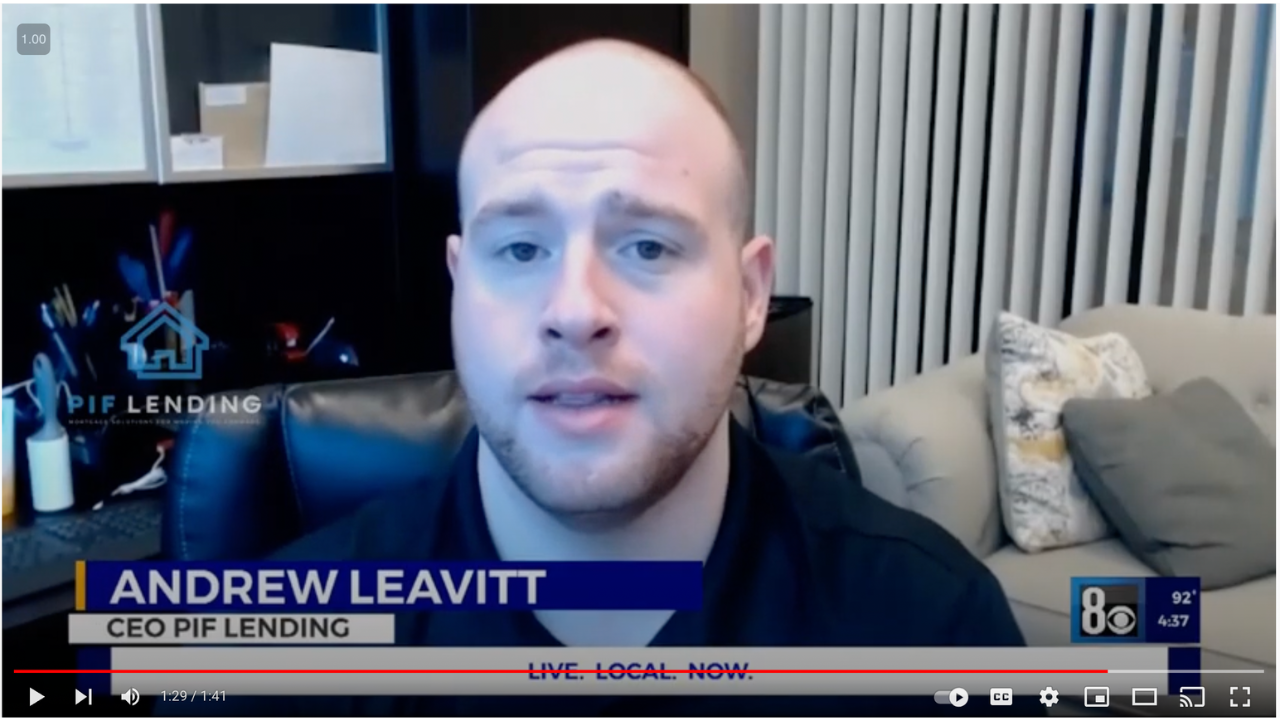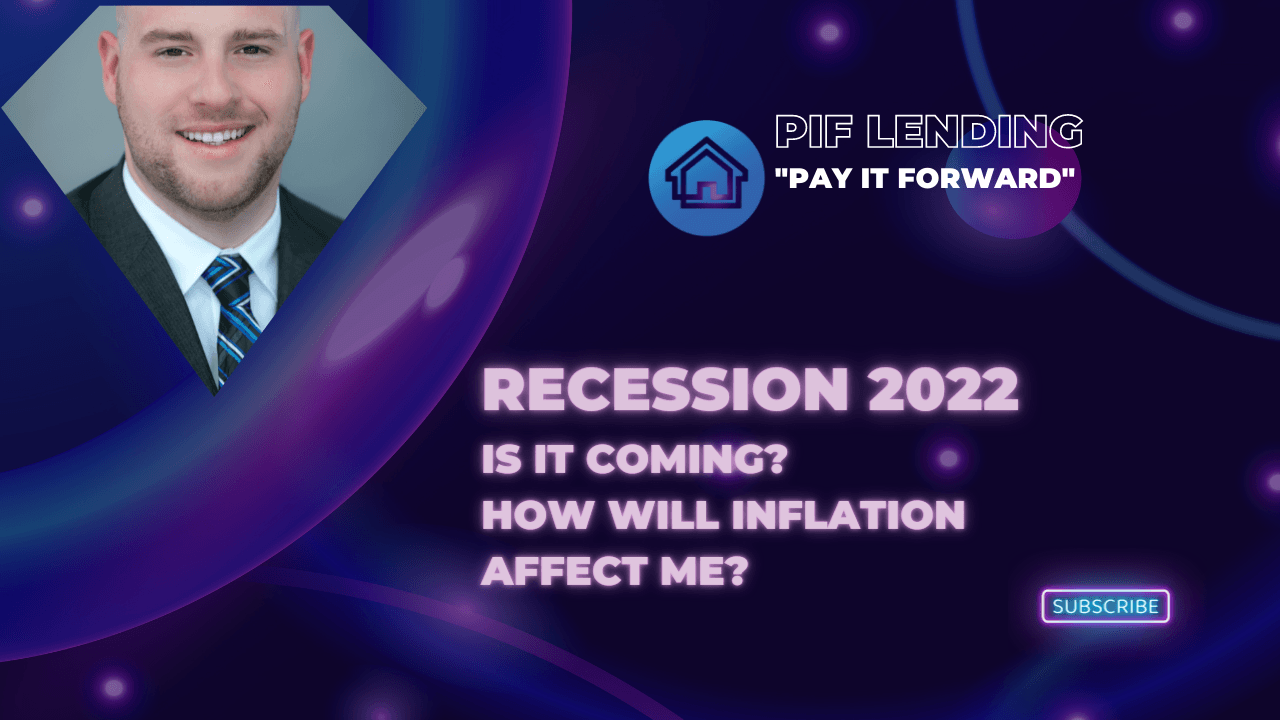Most people typically ask, "Who's better and who's cheaper? Should I go with a mortgage banker or a mortgage broker?" Well, let me ask you the same question but in a different fashion. Let's say that you know the car that you want to purchase, and you go to dealership A. You find that exact car that you want to purchase. You go to dealership B, and you find the car again. Now, there's one difference between these two dealerships, one of them is significantly cheaper, and one of them is more expensive. Let's just put that price tag around $5,000.
Are you going to pay $5,000 more for the car when it's the exact same car at the other dealership, and it's cheaper? Probably not, I wouldn't, at least, but mortgage brokers, mortgage bankers, they work in the same fashion. Mortgage brokers, we are capped by federal law on how much we can make on the back end of a home loan. What's the backend? You can't see it, and that's the whole point. However, on mortgage brokers, it's very transparent because we have to put it on the loan disclosures, but it's not up until the closing time frame where you actually see that number.
Mortgage bankers never have to list it at any point in the transaction. That cap comes from federal law and the mortgage bankers; that federal law doesn't apply to them; they're not capped. While we're capped at 3% and, sure, maybe we're charging at 3%, most don't; they're usually at the mortgage banker could be at 4, 5, 8, 9. As long as they follow a few compliance laws, they can charge as much as they want.
You might be asking, "Well, how do I measure if you can charge more points if I can't see it until closing?" Well, it's simple, you get a loan estimate from the mortgage company. Now, a loan estimate comes in the first part of the disclosures, and it's probably the most important one in the loan disclosure package, in my opinion. If you look at it, one says an interest rate of 3.75 for mortgage company A, and mortgage company B has an interest rate of 2.99%, that's three-quarters of a point difference. The monthly payment is a couple of hundred dollars different at that point.
Well, that's how many points you're getting charged in the back-end that you can't see because those points that you're paying are the reason why your interest rate is higher. Also, we can't charge processing and underwriting fee as a mortgage broker, and the mortgage bankers can. But wait, the mortgage banker says one more thing. "Well, they don't have their underwriters in-house, and they're not going to close on time." Well, let me explain how in-house underwriters work. If you're the owner of a mortgage banker, the last thing you'll do is have the underwriter sitting next to the loan officer.
If an underwriter makes a credit decision based on the loan officer's influence versus actually the documents and what they say and what a credit decision should be based on when that mortgage banker sells the loan to the Federal Housing Administration or FHA or VA. They come back, and they say, "Hey, you didn't get this document, and it looks like you didn't document it well enough about the job gap. We can't buy this loan from you." Now you own this $400,000 loan, this $300,000 loan. That's a $400,000 loss in one day on one loan, so if you're the mortgage banker, you will go ahead and separate them.
After that, who will you go with, the mortgage lender that charges more fees, makes more on the back-end, has one underwriting department that they can sell to, or do you want to go with a mortgage broker? Has various options of lenders, no fees upfront, and you can see how much compensation they're making in the back-end, which results in you getting a lower interest rate. Don't know about you, but I am probably going to go for the cheaper option, and I'm probably going to go with the option of the mortgage broker because where a mortgage banker can only go to one underwriting department, the mortgage broker has access to multiple lenders.








